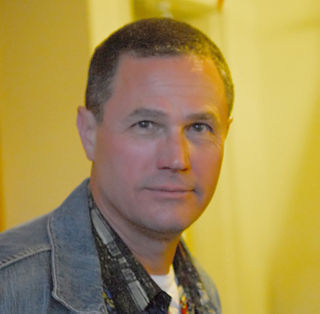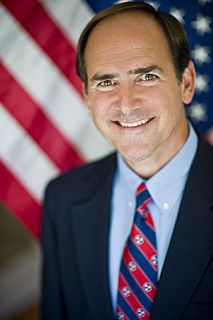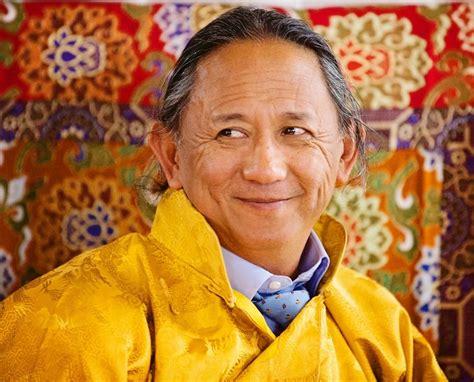A Quote by Jim Rohn
Reading is essential for those who seek to rise above the ordinary. We must not permit anything to stand between us and the book that could change our lives.
Related Quotes
Our lives are a battlefield on which is fought a continuous war between the forces that are pledged to confirm our humanity and those determined to dismantle it; those who strive to build a protective wall around it, and those who wish to pull it down; those who seek to mould it and those committed to breaking it up; those who aim to open our eyes, to make us see the light and look to tomorrow [...] and those who wish to lull us into closing our eyes
There is a wonderful book called "Gandhi's Truth," by Erik Erikson, the psychologist. It is a great book. And I remember reading that and thinking about this connection between what we think in our personal lives and how that manifests itself in our politics. Those are two books, just off the top, that I think are sort of representative of reading that I did at that time. I never get a chance to read anymore.
If the book we are reading does not wake us, as with a fist hammering on our skull, why then do we read? So that it shall make us happy? Good God, we should also be happy if we had no books, and such books as make us happy we could, if need be, write ourselves. But what we must have are those books which come upon us like ill fortune, and distress us deeply, like the death of one we love better than ourselves; like suicide. A book must be an ice-axe to break the sea frozen inside us.
Since the purpose of reading, of education, is to become good, our most important task is to choose the right books. Our personal set of stories, our canon, shapes our lives. I believe it is a law of the universe that we will not rise above our canon. Our canon is part of us, deeply, subconsciously. And the characters and teachings in our canon shape our characters--good, evil, mediocre, or great.
Our favorite book is always the book that speaks most directly to us at a particular stage in our lives. And our lives change. We have other favorites that give us what we most need at that particular time. But we never lose the old favorites. They're always with us. We just sort of accumulate them.
Tolstoy said, 'The antagonism between life and conscience may be removed either by a change of life or by a change of conscience.' Many of us have elected to adjust our consciences rather than our lives. Our powers of rationalization are unlimited. They allow us to live in luxury and indifference while others, whom we could help if we chose to, starve and go to hell.
The underlying struggle - between worlds of plenty and worlds of want; between the modern and the ancient; between those who embrace our teeming, colliding, irksome diversity, while still insisting on a set of values that binds us together, and those who would seek, under whatever flag or slogan or sacred text, a certainty and simplification that justifies cruelty toward those not like us.


































